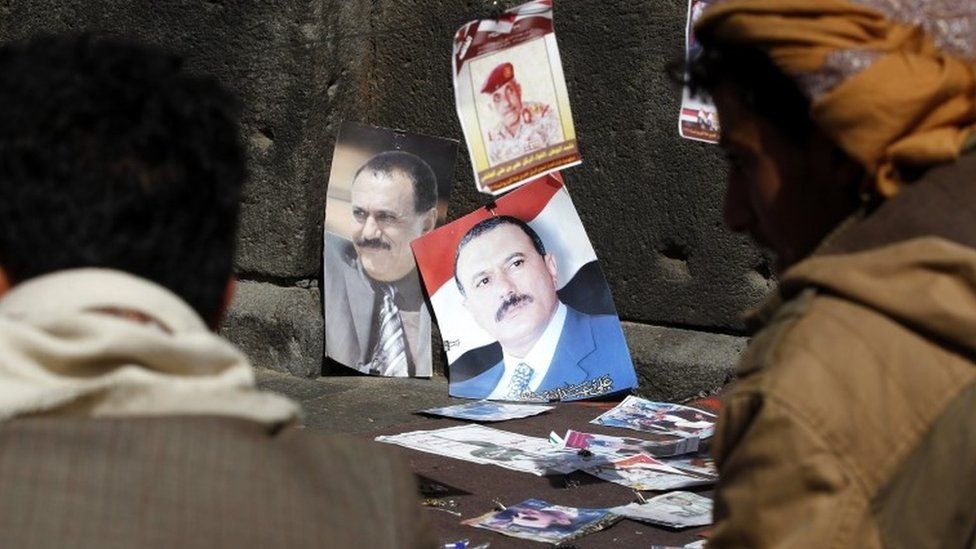Yemen’s descend to the popular uprising and the Arab Spring didn’t take a smooth line, against Tunisia and Egypt. Saleh’s grab on power, followed by Hadi, led the country into a full-fledged civil war.
In the first part of this series, we detailed the ideological bases of the Yemeni uprising during the Arab Spring. The second part focuses on the details of the uprising and the factors that pushed the country into a civil war in three years.
From Uprising to Civil War
Thousands of protestors rallied in Sanaa early in 2011, after Tunisia’s Jasmine Revolution sparked similar demonstrations in Egypt. Numerous other Yemeni cities have joined the initiative for then-President Saleh to resign.
Democratic chants were yelled, as were condemnations of destitution and official fraud. Demonstrations in Yemen, unlike previous versions, looked to have organization and direction by a partnership of Yemeni resistance organisations.
Protesters attended regular gatherings, frequently battling with Saleh loyalists who assaulted with stones, clubs, and guns. Hundreds of Yemeni university academics conducted a strike on the Sanaa University campus in February. They pledged not to stop protesting until Saleh’s resignation. Saleh has rejected calls for his removal, claiming that doing so would result in instability in Yemen.
Trust for Saleh has dwindled as security forces have become extremely aggressive towards demonstrators. His influence eroded as a result of this policy. Saleh supporters dressed in civilian attire opened fire on protesters in the capital on March 18, resulting in the death of at least 50 people. Several Yemeni authorities resigned in protest as a result of the incident. Among the resigned were ambassadors, cabinet members, and parliamentarians.
As the turmoil grew, security personnel retreated from the country’s coastal region to deal with the chaos in Sanaa. Because there were no government forces in these regions, terrorist organizations were able to establish new bases. Al-Qaeda in the Arabian Peninsula members have taken control of a number of cities. Meanwhile, the Houthi movement with large popular base, gained power in Northern regions.
Transfer of power during Civil War
Saleh announced in April that he agreed with a proposal by the Gulf Cooperation Council. The proposal would depose him and start the process of forming a new administration. Saleh would resign 30 days after officially requesting the formation of a national unity government from. Opposition figures would be included in the new administration in return for Saleh’s protection from indictment. The resignation would see an election in 30 days. Saleh, however, refused to sign the agreement in the last minute. The result was clear; more clashes, more violence, more casualties.
As violence worsened in May and June, Yemen appeared to be edging closer to civil war. An attack on the presidential residence on June 3 wounded Saleh and killed several security personnel. Saleh survived, while inflicted serious injuries. He flew to Riyadh for medical services in one day, where he remained until late September.
Saleh accepted a globally brokered deal after three days of discussions in November 2012. The deal planned for a presidential election in which Hadi would be the sole contender. Mansour Hadi run the presidential office for a two years, overseeing the drafting of a constitutional amendment.
The election took place as anticipated in February, and Hadi was inaugurated later in the same month. Yemen continued extremely polarized during Hadi’s leadership. The Houthi movement kept up with more popularity during Hadi’s weak administration.
The economy was in horrible condition. GDP fell considerably below pre-2011 levels a year into new administration and inflation increased. Food, water, and basic supplies were in low supply over much of the land. Discontent led to a rise of separatism across the country.
In the third part of this series, we will discuss the rise of Houthi movement in Yemen the ensuing foreign intervention.








